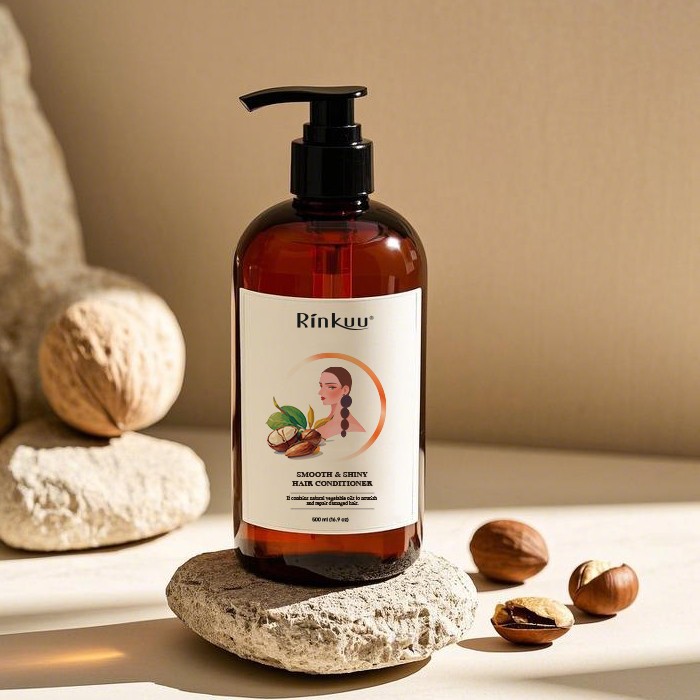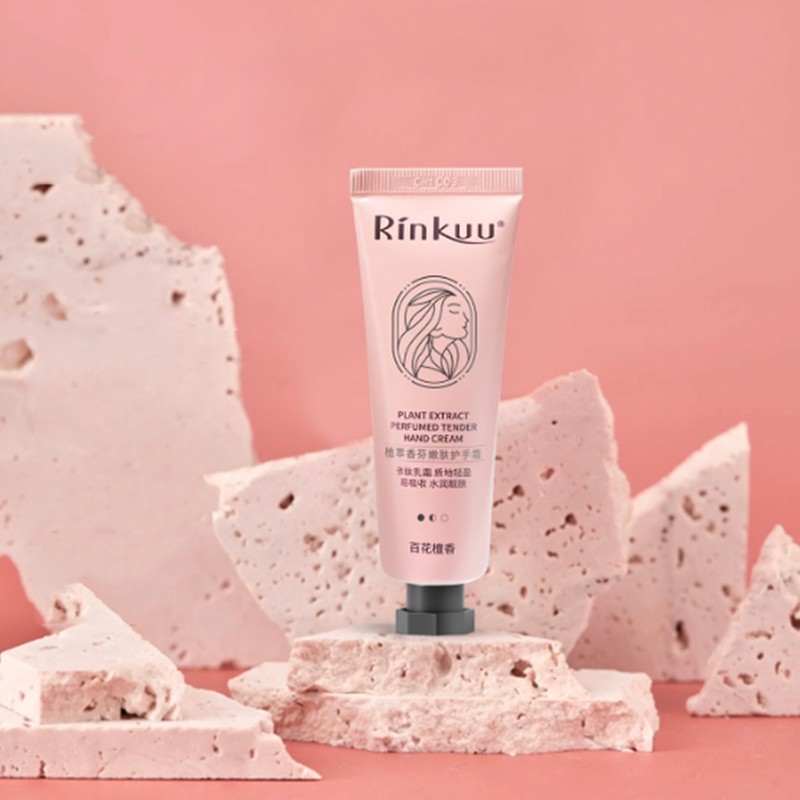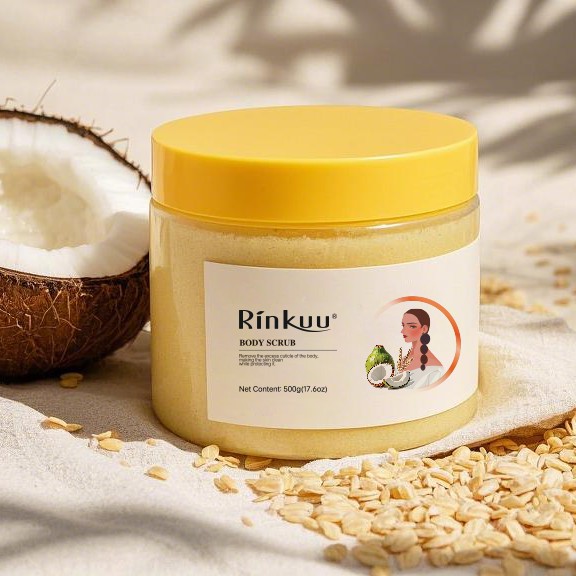Pollution is an ever - present concern in our modern world, and its impact extends far beyond just our lungs and skin. Our hair, constantly exposed to the elements, bears the brunt of pollutants such as dust, smoke, and harmful chemicals. As a supplier of Jojoba Oil Conditioner, I've witnessed firsthand the transformative effects of this product on hair exposed to pollution. In this blog, I'll explore whether jojoba oil conditioner is truly good for such hair, comparing it with other popular conditioners in the market.
The Impact of Pollution on Hair
Pollution can take a severe toll on our hair. The fine particles in the air can stick to the hair shaft, making it look dull, greasy, and lackluster. Moreover, pollutants can break down the hair's natural protective barrier, leading to increased porosity. This means that the hair loses moisture more easily, becoming dry, brittle, and prone to breakage. Chemical pollutants, like those from vehicle exhausts and industrial emissions, can also cause color fading in dyed hair and exacerbate scalp issues such as dandruff and itching.
What is Jojoba Oil Conditioner?
Jojoba oil is a unique substance that closely resembles the natural sebum produced by our scalps. It is rich in vitamins (such as vitamin E), minerals, and essential fatty acids. When used in a conditioner, jojoba oil can penetrate the hair shaft, providing deep - seated nourishment. It forms a protective layer on the hair, preventing pollutants from adhering to the hair and minimizing damage.
One of the key benefits of jojoba oil conditioner is its moisturizing properties. Since it mimics sebum, it can regulate the scalp's oil production. For hair exposed to pollution, which often becomes dry due to the breakdown of the protective barrier, jojoba oil conditioner can replenish lost moisture, leaving the hair soft, smooth, and more manageable.


Comparing Jojoba Oil Conditioner with Other Popular Conditioners
Herbal Essences Avocado Conditioner
The Herbal Essences Avocado Conditioner is well - known for its use of avocado, a fruit rich in healthy fats and vitamins. Avocado can also provide moisture to the hair, but its structure is different from jojoba oil. While avocado can coat the hair surface, it may not penetrate as deeply as jojoba oil. In the context of pollution - exposed hair, jojoba oil's ability to form a long - lasting protective layer against pollutants gives it an edge. The Herbal Essences Avocado Conditioner is great for general moisturizing, but for hair constantly battling pollution, jojoba oil conditioner might be more effective in preventing damage and restoring the hair's natural health.
Herbal Essences Coconut Milk Conditioner
The Herbal Essences Coconut Milk Conditioner is another popular choice. Coconut milk contains lauric acid, which can penetrate the hair shaft to some extent and reduce protein loss. However, coconut milk can sometimes leave a heavy residue on the hair, especially for those with fine or thin hair. Jojoba oil, on the other hand, is lightweight and easily absorbed. For hair exposed to pollution, the non - greasy nature of jojoba oil conditioner allows the hair to breathe while still receiving protection and nourishment.
Moroccan Argan Oil Conditioner
The Moroccan Argan Oil Conditioner is famous for its use of argan oil, which is rich in antioxidants and fatty acids. Argan oil can improve the hair's shine and reduce frizz. But similar to coconut milk, it can be a bit heavy for some hair types. Jojoba oil conditioner is more versatile in this regard, as it can be used on all hair types, from fine to thick, without weighing the hair down. Additionally, jojoba oil's ability to mimic sebum makes it more effective in protecting the scalp from pollution - related issues.
Scientific Evidence Supporting Jojoba Oil for Polluted Hair
Several scientific studies have shown the benefits of jojoba oil for hair health. A study published in the International Journal of Cosmetic Science found that jojoba oil can improve the mechanical properties of hair, making it more resistant to breakage. This is particularly important for hair exposed to pollution, which is often weakened by the pollutants.
Another research in the Journal of Oleo Science indicated that the fatty acids in jojoba oil can enhance the hair's moisture - holding capacity. When hair is exposed to pollution, it loses moisture rapidly. Jojoba oil conditioner can counteract this by locking in moisture and preventing further damage.
How to Use Jojoba Oil Conditioner for Polluted Hair
To get the most out of jojoba oil conditioner for hair exposed to pollution, follow these steps:
- Shampoo First: Use a gentle shampoo to remove the surface pollutants from the hair. Make sure to rinse thoroughly.
- Apply Conditioner: Take an appropriate amount of jojoba oil conditioner and apply it to the mid - length and ends of your hair. Avoid applying too much directly to the scalp, as it can make the hair greasy.
- Leave - in Time: Let the conditioner sit for a few minutes (usually 2 - 3 minutes) to allow the jojoba oil to penetrate the hair shaft.
- Rinse Well: Rinse the conditioner out completely with lukewarm water.
Conclusion
In conclusion, jojoba oil conditioner is an excellent choice for hair exposed to pollution. Its unique properties, such as its similarity to sebum, deep - penetration ability, and lightweight nature, make it more effective than many other popular conditioners in protecting and nourishing polluted hair. Whether you have fine, thick, curly, or straight hair, jojoba oil conditioner can help restore your hair's health and vitality.
If you're interested in exploring the benefits of our high - quality Jojoba Oil Conditioner for your hair care needs or for potential business opportunities, I encourage you to reach out for a procurement discussion. We're committed to providing the best products and services to meet your requirements.
References
- International Journal of Cosmetic Science. (Year). The effect of jojoba oil on the mechanical properties of hair.
- Journal of Oleo Science. (Year). Enhancement of hair moisture - holding capacity by jojoba oil fatty acids.






